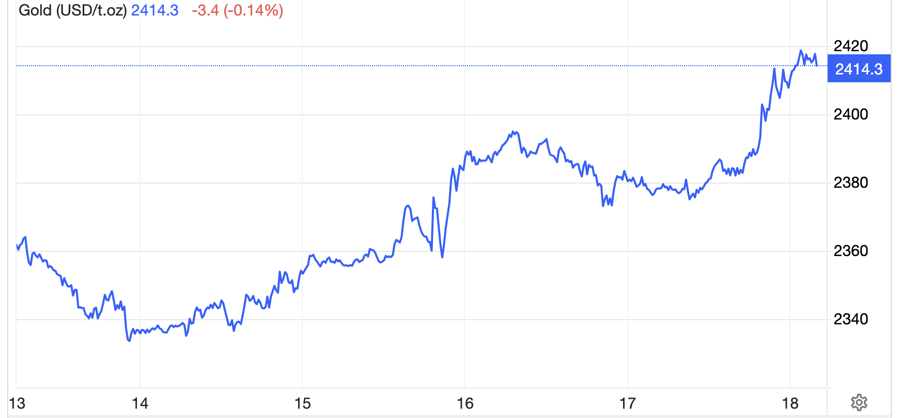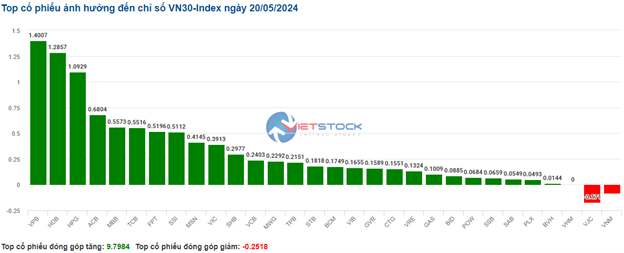
NHNN Proposes to Extend Circular 02 on Debt Restructuring for Another 6 Months
|
The current Circular 02 stipulates that the deadline for debt rescheduling and maintaining the debt group status quo is until June 30, 2024.
According to the SBV’s analysis, although the macro-economy in the first two months of 2024 was basically stable and the economy continued to recover, it still faced many difficulties and challenges, which are expected to persist throughout 2024.
The National Assembly and the Government’s policy is to continue providing support to remove obstacles, promote economic growth, and ensure macroeconomic stability in 2024. Therefore, extending the debt restructuring period under Circular 02 will help alleviate difficulties for borrowers and contribute to the recovery and development of the economy.
For the credit institution system, Circular 02 stipulates that credit institutions must determine the specific amount of provisions to be set aside for the total outstanding debt of customers as if the regulations on maintaining the debt group status quo were not applied. They must also make full additional provisions by December 31, 2024.
Thus, by December 31, 2024, credit institutions will have sufficient financial resources to handle risks as if they had implemented debt classification and risk provisioning in accordance with the current regulations (Circular 11/2021/TT-NHNN).
Accordingly, extending the debt restructuring period under the Circular until December 31, 2024, will not affect the risk provisioning mechanism for the system due to the extension of the debt restructuring period and the maintenance of the debt group status quo.
Additionally, extending the debt restructuring period under Circular 02 until December 31, 2024, will help reduce the increase in credit institutions’ on-balance-sheet non-performing loans and create favorable conditions for credit institutions to provide support and remove difficulties for customers, thereby contributing to the recovery of the economy.
On this basis, the SBV proposes to amend and supplement Point 2, Article 4 of Circular No. 02/2023/TT-NHNN dated April 23, 2023, as follows:
“2. Principal and/or interest repayment obligations arising within the period from the effective date of this Circular until December 31, 2024.”
Amend Point 8, Article 4 as follows: “8. Debt rescheduling for customers as prescribed in this Circular shall be implemented from the effective date of this Circular until December 31, 2024.”
Thus, the draft amended Circular proposes to extend the debt rescheduling period for customers by another 6 months. Specifically, credit institutions and branches of foreign banks are allowed to consider and decide on debt rescheduling for the principal and/or interest balance of loans with repayment obligations arising up to December 31, 2024.
Previously, at the SBV’s press conference for the first quarter of 2024, Mr. Nguyen Xuan Bac, Deputy Director of the Credit Department for Economic Industries (SBV), said that the SBV had coordinated with ministries and branches to review and report on the impacts of the implementation of Circular 02 to the Prime Minister for adjustments after obtaining additional opinions.
SBV representatives stated that, given the current context where enterprises are still facing challenges, the SBV is closely following the Prime Minister’s directions to develop a mechanism to extend debt restructuring support until the end of 2024 (an additional 6 months).
According to Mr. Bac, “Every policy has two sides. For now, it is expected to be extended until the end of 2024, after which the SBV will assess its impacts.”








































